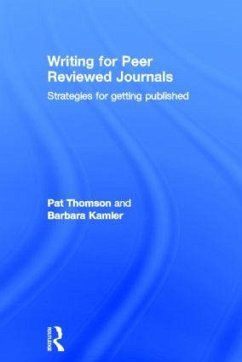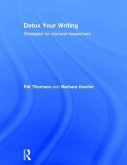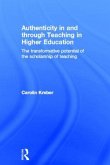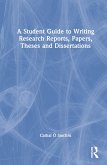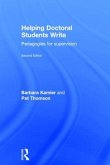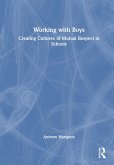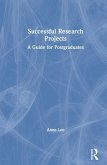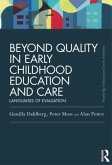It's not easy getting published, but everyone has to do it. Writing for Peer Reviewed Journals presents an insider's perspective on the secret business of academic publishing, making explicit many of the dilemmas and struggles faced by all writers, but rarely discussed. Its unique approach is theorised and practical. It offers a set of moves for writing a journal article that is structured and doable but also attends to the identity issues that manifest on the page and in the politics of academic life. The book comprehensively assists anyone concerned about getting published; whether they are early in their career or moving from a practice base into higher education, or more experienced but still feeling in need of further information. Avoiding a 'tips and tricks' approach, which tends to oversimplify what is at stake in getting published, the authors emphasise the production, nurture and sustainability of scholarship through writing - a focus on both the scholar and the text or what they call text work/identity work. The chapters are ordered to develop a systematic approach to the process, including such topics as: The writer The reader What's the contribution? Beginning work Refining the argument Engaging with reviewers and editors Writing for Peer Reviewed Journals uses a wide range of multi-disciplinary examples from the writing workshops the authors have run in universities around the world: including the UK, Canada, Australia, New Zealand, Ireland, South Africa, Norway, Sweden, Denmark and the United States. This international approach coupled with theoretically grounded strategies to guide the authoring process ensure that people at all stages of their career are addressed. This lively book uses a combination of personal stories, student texts, published journal abstracts and excerpts from interviews with journal editors and publishers. Written in an accessible style, one which does not use the patronising 'you' of advice books, it offers a collegial approach to a task which is difficult for most scholars, regardless of their years of experience.
"Their intention to support and enable writers to write well and with confidence has been achieved. In a full field of books concerned with helping writers, this is a positive, well-written, authoritative and very gentle book. Sound practical advice is presented in a knowledgeable and generous manner that promotes confidence in their suggestions and guidance. Pat Thomson and Barbara Kalmer clearly enjoyed writing this book. I really enjoyed reading it and now it sits on my shelf as a key reference and a book of encouragement".- John Senior, Gifted Education International
"Based on their long history of publishing, reviewing, editing and facilitating workshops, Pat Thomson and Barbara Kamler have written a very helpful book for anyone who wants to publish in international academic journals. The authors address a wide audience ranging from researchers in the beginning of their career to even experienced scholars for whom this book can be very helpful in their role as supervisors of research work."- Danny Wildemeersch, European Journal for Research on the Education and Learning of Adults
"Based on their long history of publishing, reviewing, editing and facilitating workshops, Pat Thomson and Barbara Kamler have written a very helpful book for anyone who wants to publish in international academic journals. The authors address a wide audience ranging from researchers in the beginning of their career to even experienced scholars for whom this book can be very helpful in their role as supervisors of research work."- Danny Wildemeersch, European Journal for Research on the Education and Learning of Adults

